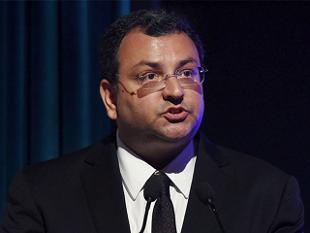Over the last few decades or perhaps a century, the Asian economy has produced many global enterprise leaders ranging from the electronic or tech giant - Panasonic, online market place or store, Alibaba, Huawei, etc. In the midst of this fiercely competitive Asian market one firm keeps towering high perhaps for nearly a century and half now, the name; Tata.
Spanning over 148 years now, Tata Group is India’s largest conglomerate with stakes in more than 100 independent companies, several of which bear the Tata brand and a stunning 660,000 employees: Tata Group is just the consummate example of a truly global brand. But that towering status or glittering reputation has somewhat been tainted in the last few months (at least from when it became apparent to the public) following its internal power struggle that has resulted in the probable dismissal and subsequent replacement of its chairman, the Irish – Indian business man, Cyrus Mistry. All these events have drawn the attention of the public in a bid to reconcile what Tata has been known for and the actual realities in the organization. It was once remarked by Prof. Kulwant Singh of the NUC Business School in Singapore that, “ there is a great sense of pride in being a staff member of a Tata company and that follows from the ethical standards that the senior leaders have held themselves toâ€. Now there is little to be said of those ethical standards with its numerous employees uncertain about who really is at the helm of affairs and a watching world puzzled by how easily a brand of Tata’s repute could be so easily thrust into a near self-destructive power saga.
Now, with Mistry’s family holding 18% shares of the group since 1930s and an obviously reasonable number of supporters among the ranks of the Tata companies (Motor, Steel, Beverages, etc.) as well as the Tata sons opting for the company’s patriarch, Ratan Tata as a replacement for the ousted chairman coupled with speculations captured in the words of Prof. Singh that “there appear to be factions that have emerged within the boards of Tata companies†and that “at least some of these board members are reluctant to follow through on Tata’s Sons’ attempt to oust him[Cyrus Mistry]â€, one cannot but wonder at what would become of this feud.





